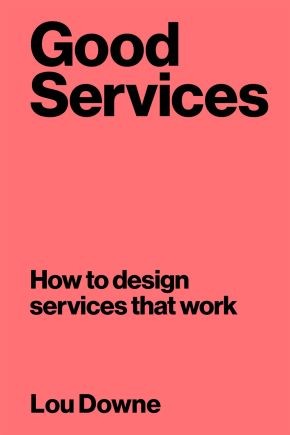
Good Services
This is a simple, straightforward, and true book: all of the principles Lou Downe espouses are good ones, and there's little I disagree with.
It also... is fairly facile. I think the list of fifteen core principles is strong, but the struggle to expand them into a book unto themselves reveals that this work would perhaps be stronger as a long-form essay. The passages that expound upon each principle are tangential and elementary ("here's a bad experience someone had... here's why that experience was bad... here's how to make it a good experience") with little in the way of net-new insight or digging into the tradeoffs inherent in design 1.
I don't regret buying the book; it's a short read, it's beautifully designed, and I see myself returning to the table of contents to remind myself of the principles. But it's odd for a book's apex to be in its introduction, you know?
Footnotes
-
In fairness to the author, I think her implied contention is generally "there is no trade-off"; adherence to these principles is worth any cost. That contention alone is interesting and worth analysis, and I wish she devoted more time to that! ↩
© 2023 Justin Duke • I hope you're wearing your favorite sweater.